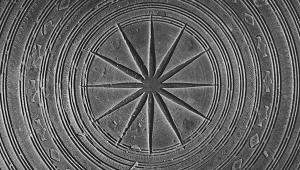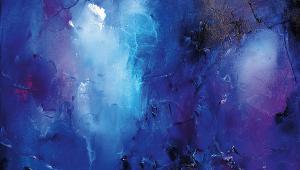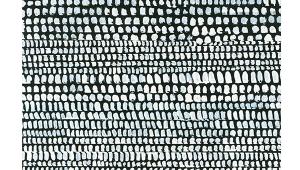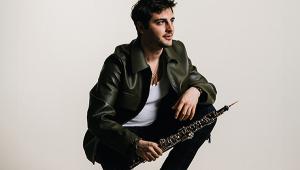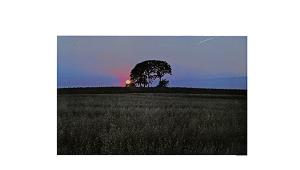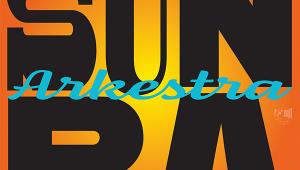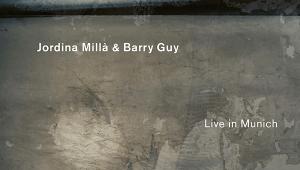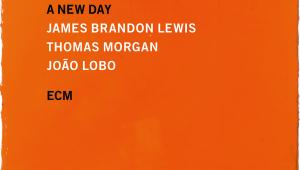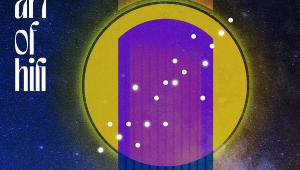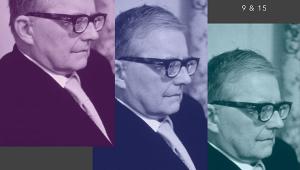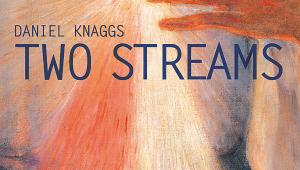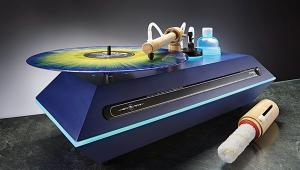Hi-Res Downloads, October 2019
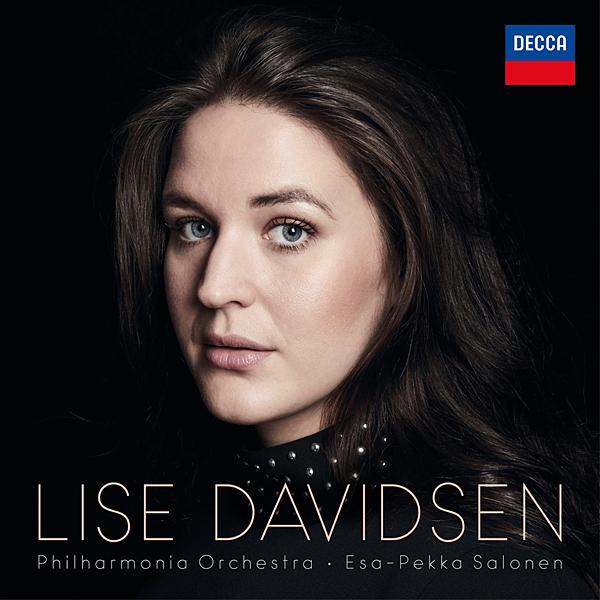
 Lise Davidsen
Lise Davidsen
Wagner and Richard Strauss (96kHz/24-bit, FLAC)
www.highresaudio.com; Decca 483 4883
In her first recording the young Norwegian soprano – likened to Kirsten Flagstad for her vocal power – is accompanied by the Philharmonia under Esa-Pekka Salonen. She sings with real authority two excerpts from Tannhauser (a foretaste of her 2019 Bayreuth debut role) then R Strauss songs with orchestra, ending with his 1948 masterpiece Four Last Songs. (Flagstad gave its world premiere in London.) The actual last Strauss song, 'Malven' (orch. Rihm), is here, along with the Four Songs Op.27, 'Wiegenlied' and an excerpt from Ariadne Auf Naxos. The booklet PDF includes all texts and translations. I have listened endlessly to the Four Last Songs which I find glorious; Salonen (unexpected in Strauss) is cool but focuses on details often lost. At the Henry Wood Hall sessions Davidsen was standing within the orchestra rather than mic'd independently: a rewarding balance. CB
Sound Quality: 90%
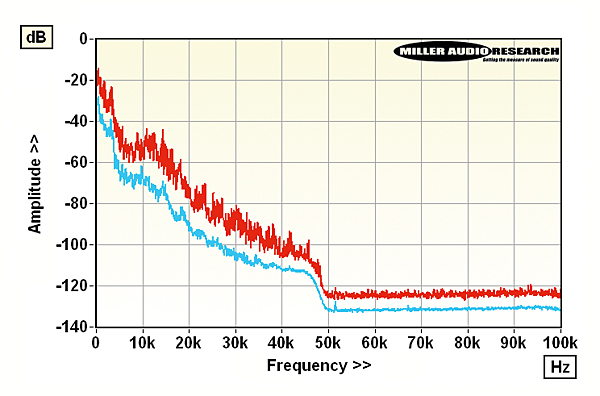
Lab Report
Recorded at 96kHz there is just sufficient bandwidth not only to capture the dying embers of orchestral harmonics but also the formidably extended range of Lise Davidsen's voice – peaks reach –2dBFs, her 'response' over 30kHz! PM
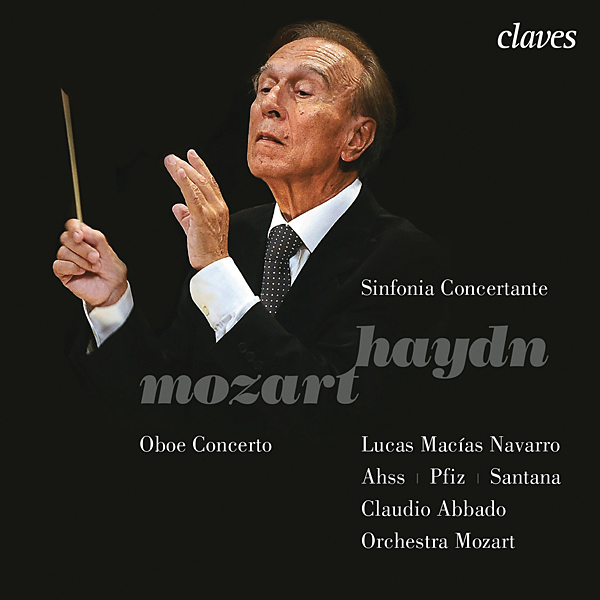
Orch Mozart/Claudio Abbado
Haydn Sinfonia Concertante; Mozart Oboe Concerto (96kHz/24-bit, FLAC)
www.highresaudio.com; Claves 501302
This would appear to be Abbado's only release on the Swiss label Claves, and the 2014 CD itself is now something of a scarcity. His Mozart Concertos and Symphonies with the Bologna-based orchestra of which he was artistic director are otherwise all on Deutsche Grammophon. (Having survived financial crisis Orchestra Mozart has recently appointed Daniele Gatti as music director.) The four soloists are orchestra principals – Lucas Macías Navarro in the Mozart – and the phrasing has all the elegance and sensitivity you'd expect with 'late Abbado'. The Haydn's one Sinfonia Concertante (violin, cello, oboe and bassoon) was written in London in 1792; it was previously recorded by Abbado and the COE in 1986 [DG – still current] with the orchestra more prominent and perhaps livelier overall. CB
Sound Quality: 85%
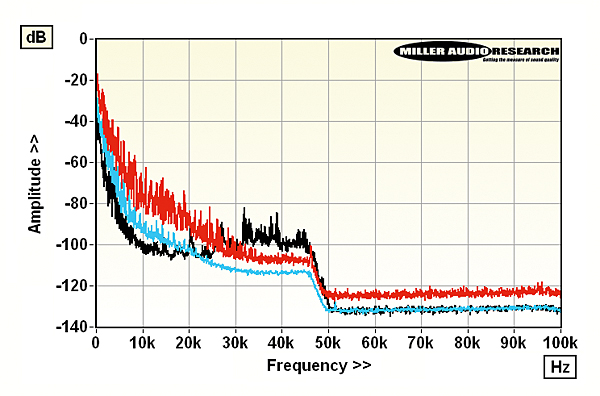
Lab Report
No information was provided about the recording of this ensemble which, although a native 96kHz file and free of digital clipping, also contains bursts of ultrasonic interference [black trace]. The episodes are random but regular. PM
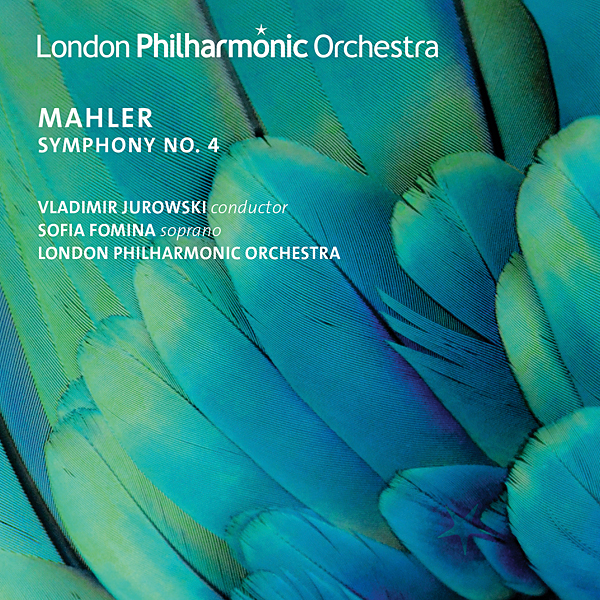
Sofia Fomina/lPO/Vladimir Jurowski
Mahler Symphony No 4 (96kHz/24-bit, FLAC)
www.highresaudio.com; LPO LPO0113
This is a concert recording from the Royal Festival Hall, given on 12th Oct '16 (the otherwise ample booklet PDF omits this detail). There the Russian soprano won special praise not just for her silvery voiced finale but for coming to sit on stage at the very outset of the work, allowing an attacca after the slow movement, while leader Pieter Schoeman's retuned fiddle in (ii) was admired for evocative characterisation. In the opening movement Jurowski makes one or two slowings and accents that slightly obtrude – don't sound properly Mahlerian – but then everything settles down and the repose in the Adagio as it moves to its 'heaven's gate' climax is very finely judged. Sofia Fomina truly comes into her own with the gentler, narrative texts. The engineering offers a detailed soundstage with depth and a realistic ambience. CB
Sound Quality: 85%
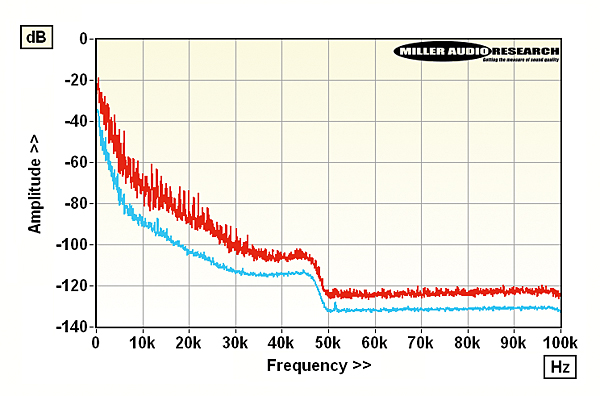
Lab Report
Massed strings can demonstrate a surprisingly extended harmonic (frequency) range, and so it is here, more than adequately captured by the bandwidth of this 96kHz recording. Good use of dynamic range, and no spuriae. PM
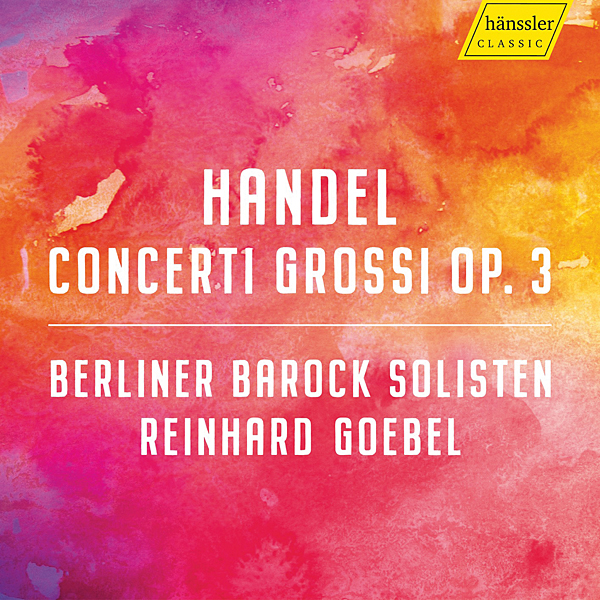
Berlin Baroque Soloists/Reinhard Goebel
Handel Concerti Grossi Op.3 (96kHz/24-bit, FLAC)
www.highresaudio.com; Hänssler Classic HC19031
Reinhard Goebel came to prominence as founder of the period instrument group Musica Antiqua Köln (1973-2007). As a violinist, he plays the instrument 'left-handed'. His Sony remake of the Bach Brandenburg Concertos with the Berliner Barock Solisten has some break-neck speeds relative to his old Archiv set – the ensemble was founded in 1995 with mostly BPO members using modernised old instruments. The playing here is elegant and with elan in the allegros. Goebel writes the booklet essay but the 24 tracks are nowhere listed – a minor snag when the seven works (unusually we have both No 4a and b variants) are not in numerical sequence. The venue for the 21 players involved is Berlin's Jesus-Christus-Kirche, perhaps a little too resonant for the scale of the music but they are not set too close. CB
Sound Quality: 85%
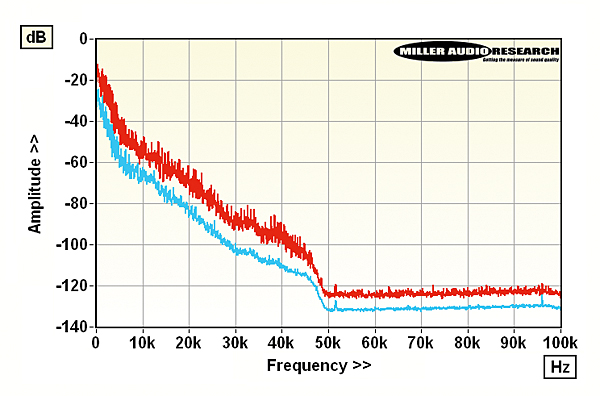
Lab Report
Strings, powerfully recorded here but not breaching the 0dBFs limit, are joined by a period cembalo (harpsichord) that has tremendous harmonic extension – above 40kHz. Perhaps this performance should have been recorded at 192kHz? PM
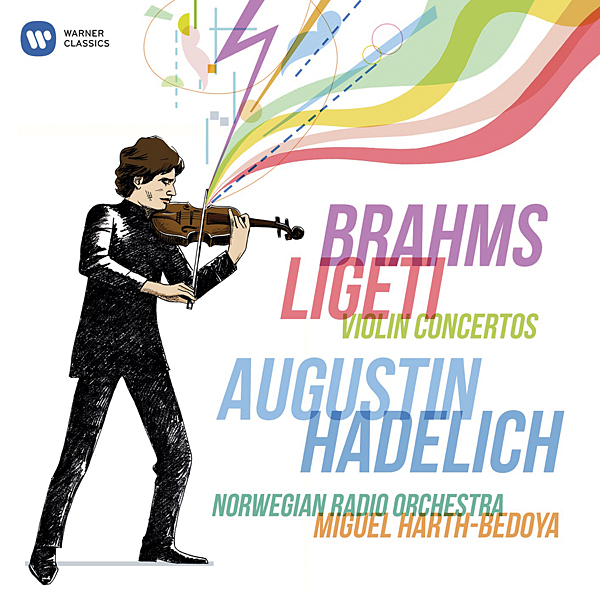
Augustin Hadelich, Norwegian Radio Orch/Miguel Harth-Bedoya
Brahms and Ligeti Violin Concertos (96kHz/24-bit, FLAC)
www.highresaudio.com; Warner Classics 9029551045
In his booklet preface, the young Italian violinist notes a shared keenness for Hungarian music by these composers, and tenuously hopes his odd juxtaposition 'will make each work shine in a way that it wouldn't without the other'. In the Brahms, he plays his own cadenza rather than Joachim's or Kreisler's and composer Thomas Adès has written one for the Ligeti finale. Hadelich's is a showy affair, ill-suited (I think) to this sober masterpiece. The accompaniment sounds mundane although the conductor supports Hadelich's unquestionably able playing. Here, I found the soundstage rather unclear – the Ligeti has better separation. Hadelich impresses more in the Ligeti but Gawriloff [DG] or Kopatchinskaja [Naïve] earn a stronger claim for your purse. CB
Sound Quality: 75%
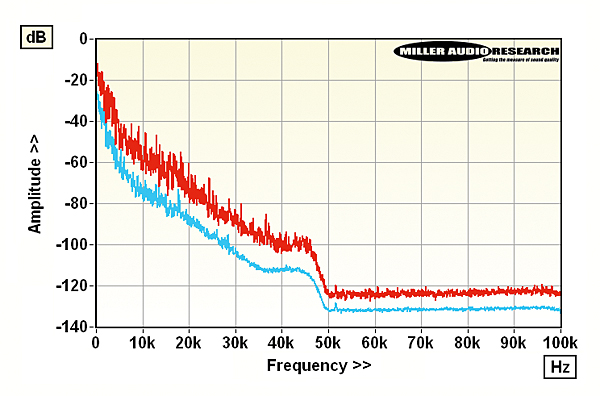
Lab Report
Potent strings, like the Handel (adjacent), but densely recorded and lacking some ambience from the NRK Radio Concert Hall, this recording is still a genuine 96kHz offering. Dynamic range is pushed, but stays the right side of 0dBFs. PM

